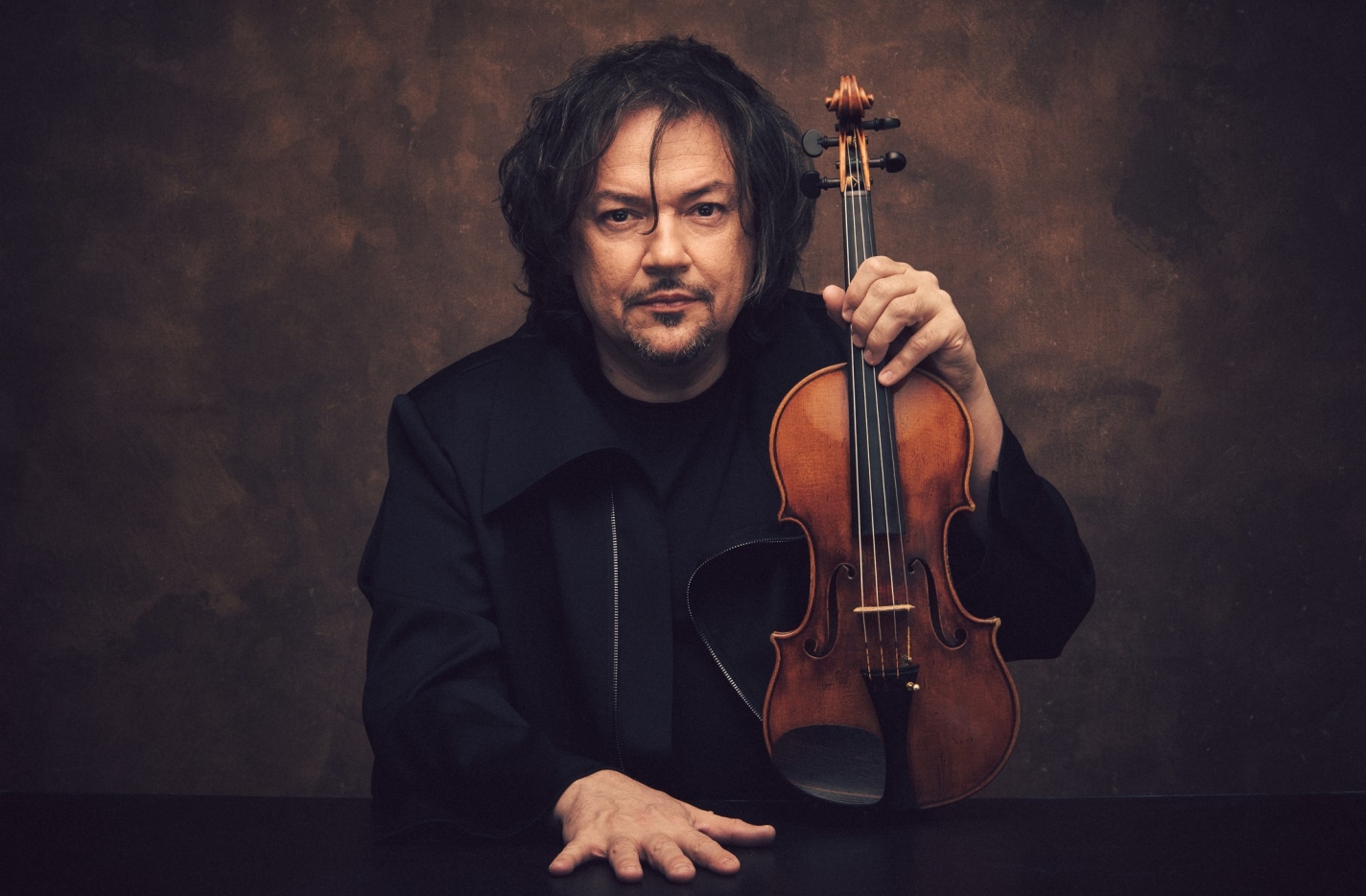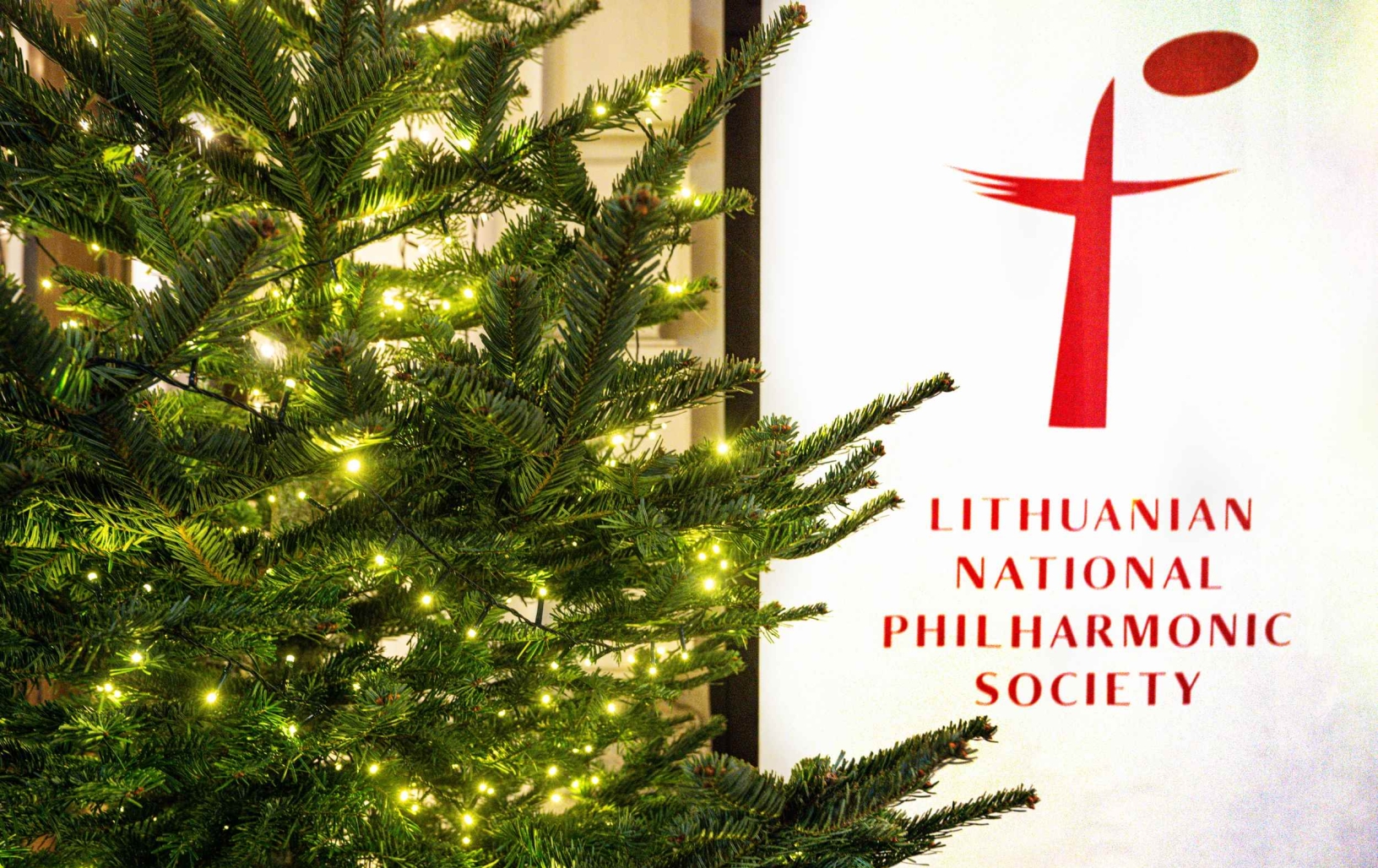Mozart’s “Jupiter” and other Musical Planets. LCO, Sergej Krylov, Modestas Pitrėnas
Performers
LITHUANIAN CHAMBER ORCHESTRA
Artistic director and soloist SERGEJ KRYLOV (violin)
Conductor MODESTAS PITRĖNAS
Programme
WOLFGANG AMADEUS MOZART – Overture to the opera Le nozze di Figaro (The Marriage of Figaro); Symphony No. 41 in C major, KV 551 (Jupiter)
Attention, change of the work!
MAX BRUCH – Concerto for violin and orchestra No.1 in G minor, Op. 26
About
Tonight, the Lithuanian Chamber Orchestra, its artistic director, violinist Sergej Krylov and conductor Modestas Pitrėnas invite you to savour works by Wolfgang Amadeus Mozart and Max Bruch.
Mozart’s overtures are deservedly considered to be perhaps the best works of this genre. The overture to Le Nozze di Figaro (The Marriage of Figaro, 1786) has no thematic links with the opera itself, but rather reflects the emotional atmosphere of this stage work: the verve of the development, the vital activity, the lightness of the continuous movement links the overture to the colourful and playful atmosphere of the spectacle. The culmination of Mozart’s orchestral output is Symphony No 41 in C major, composed in 1788, which has been nicknamed Jupiter because of its magnificent conception and the epic perfection of its structure. The composer’s last symphony is an expression of his philosophy of life in music: optimism, pathetic and comic elements. The dramaturgy of the work is unusual, with the finale being the largest and most significant part.
Krylov will solo in the emotional Concerto for violin and orchestra No.1 in G minor, Op.26 by the German Romantic composer Max Bruch, who faithfully adhered to the century-old style of noble and sincere Romanticism. All of Bruch’s violin concertos are characterised by virtuosic brilliance and melodiousness, but the First Violin Concerto in G minor enchants with its youthful flair. It is not only the composer’s best-known work, but also one of the most popular violin concertos of the late Romantic era.



